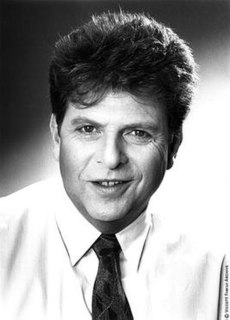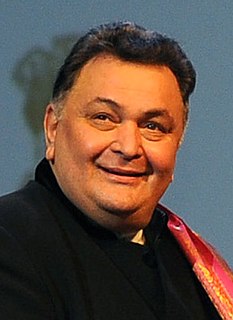A Quote by Pedro Almodovar
I also wanted to express the strength of cinema to hide reality, while being entertaining. Cinema can fill in the empty spaces of your life and your loneliness.
Related Quotes
I know why I make films -cinema is a mode of expression that allows you to express all the nuances of a thing while including its opposites. These are things that can't be quantified mentally; yet they can exist and be juxtaposed. That may seem very contradictory. Cinema allows you to film these contradictions.
MORE CONSISTENTLY THAN EVER I WAS TRYING TO MAKE PEOPLE BELIEVE THAT CINEMA AS AN INSTRUMENT OF ART HAS ITS OWN POSSIBILITIES WHICH ARE EQUAL TO THOSE OF PROSE. I WANTED TO DEMONSTRATE HOW CINEMA IS ABLE TO OBSERVE LIFE, WITHOUT INTERFERING, CRUDELY OR OBVIOUSLY, WITH ITS CONTINUITY. FOR THAT IS WHERE I SEE THE POETIC ESSENCE OF CINEMA.
I think what I loved in cinema - and what I mean by cinema is not just films, but proper, classical cinema - are the extraordinary moments that can occur on screen. At the same time, I do feel that cinema and theater feed each other. I feel like you can do close-up on stage and you can do something very bold and highly characterized - and, dare I say, theatrical - on camera. I think the cameras and the viewpoints shift depending on the intensity and integrity of your intention and focus on that.




































